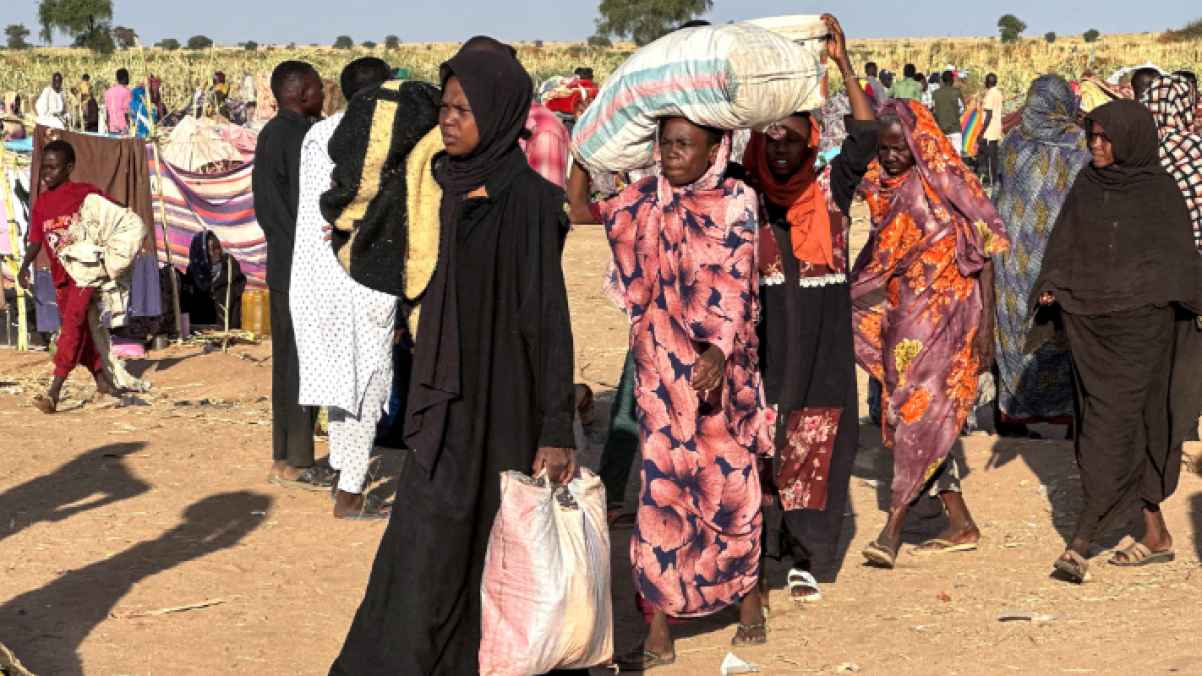Sudan in the Heart of Fire… Tears on the Barren Land and a Fragile Hope Fading

In the heart of Sudan, a silent tragedy unfolds every day. Thousands of families have fled their homes in search of safety, carrying pain and shattered memories in their hearts.
The fall of El-Fasher marked a new dark chapter in Sudan’s modern history. As the city burned, civilians found themselves trapped in the flames of conflict — mothers clutching their children, elderly left behind, and young lives lost in a war they never chose. The cries of the displaced echo across the barren lands of Darfur, a reminder that humanity continues to bleed.
Displacement Camps: A New Reality
For many Sudanese, the word “home” has lost its meaning. Displacement camps have become their new reality — overcrowded, lacking supplies, and filled with sorrow. People sleep on bare ground, with only the sky as their cover. Hunger gnaws at their bodies, and fear haunts their dreams. Yet, amidst this destruction, they cling to a thread of hope — a fragile hope that the world will remember them, and that peace will one day find its way to their wounded homeland.
The ongoing conflict has exposed the deep wounds of a country struggling to survive amid political chaos. Civilians have become victims of a power struggle between armed groups, suffering from bombings, starvation, and forced displacement. Hospitals are no longer safe, schools have been destroyed, and humanitarian aid is often blocked. Every image emerging from Sudan tells a story of pain — children crying beside the graves of their parents, mothers collapsing from exhaustion, and fathers staring helplessly at the ruins of their homes.
Voices Calling for Humanity
Across social media and international platforms, voices rise — calling for humanity, justice, and compassion. The world watches, yet often remains silent. The people of Sudan do not ask for pity; they demand dignity, safety, and a chance to live. Their suffering is not merely a political issue but a moral test for all who believe in humanity.
As the sun sets over the war-torn land, the tears of Sudanese men, women, and children continue to fall — tears not only of sorrow but of blood. They have been betrayed by politics and abandoned by silence. Yet even in their pain, they remind the world of what it means to endure. Their cries pierce the conscience of anyone who still believes that humanity must triumph over hatred, and that compassion is the only path toward healing.
